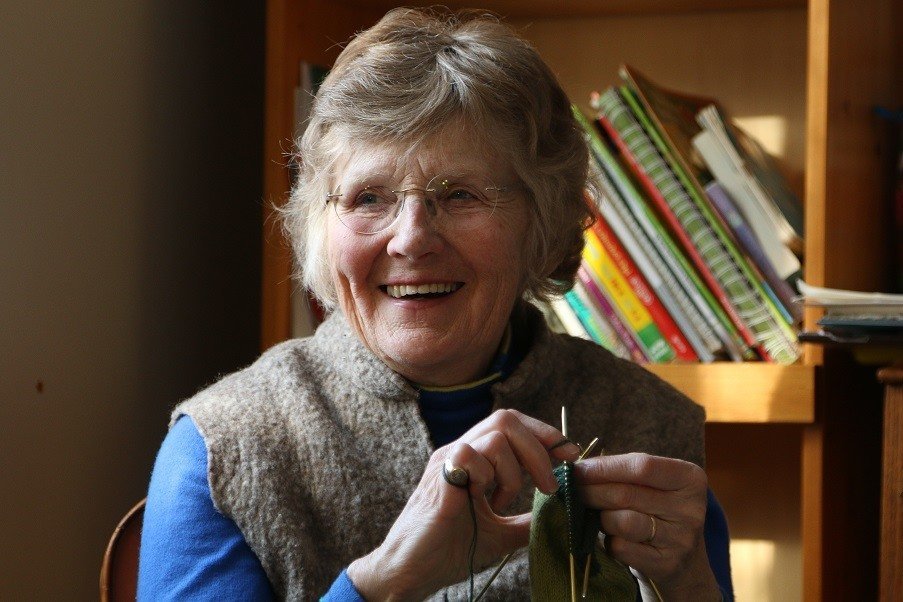Dr. Heather Dean
In the late 1980s, Indigenous children began arriving at Dr. Heather Dean’s small clinic in rural northern Ontario with symptoms not commonly seen in the nearby Indigenous community.
With unusually high blood sugar levels, these children were exhibiting characteristics of type 2 diabetes. Little did Dr. Dean know that this would soon become a growing public health crisis in Canada – one that she would dedicate her entire life to researching and treating.
As a young girl from rural Ontario, Dr. Dean wanted to become either a pediatrician or a physical education teacher. Following her grandmother’s advice, she chose medicine, attending Queen’s University and playing on its basketball team in her spare time.
Initially training as a pediatrician at the Children’s Hospital of Eastern Ontario (CHEO), Dr. Dean moved to Winnipeg and pivoted towards endocrinology after the tragic death of a 4-year-old patient who had experienced early puberty due to a brain tumour. She eventually joined the University of Manitoba Faculty of Medicine, where she stayed until her retirement in 2015.
In 1985, Dr. Dean founded the Diabetes Education Resource for Children and Adolescents, Canada’s first and leading interdisciplinary pediatric diabetes clinic, to treat the growing number of children with type 1, and eventually type 2, diabetes. Originally called “adult-onset diabetes”, type 2 diabetes was long believed to be a condition only found in adults. It was Dr. Dean and her colleagues who documented Canada’s first cases of type 2 diabetes in children in the late 1980s.
The discovery was so jarring to the field that journals reviewing these findings believed that type 1 had been mistaken for type 2 diabetes. As a result, the publication of these findings was withheld until the 1990s. Soon after, further research confirmed this revelation, showing that the rate of type 2 diabetes among children in Manitoba is several times higher compared to other similar urban regions.
In 2002, Dr. Dean led the Maestro Project, overseen by the Winnipeg Health Authority, to better support young adults with diabetes and their families as they transition from pediatric to adult care. Its success has made the program a model for other diabetic health centres in Canada. In 2003, Dr. Dean and her colleagues established the Next Generation Cohort Study which examined the health outcomes of children of First Nations women with type 2 diabetes diagnosed before pregnancy. The ongoing study has so far identified breastfeeding, and weight and blood sugar monitoring during pregnancy as protective factors to help reduce the risk of type 2 diabetes in Indigenous children.
Throughout her career, Dr. Dean was a mentor of many early career researchers who are now leading experts in childhood diabetes. She has received numerous awards for her research accomplishments and her work in supporting those living with diabetes. Her lifelong dedication has made a difference in many lives and she continues to be an inspiration to many working in the field.
— Written by Michael Limmena

